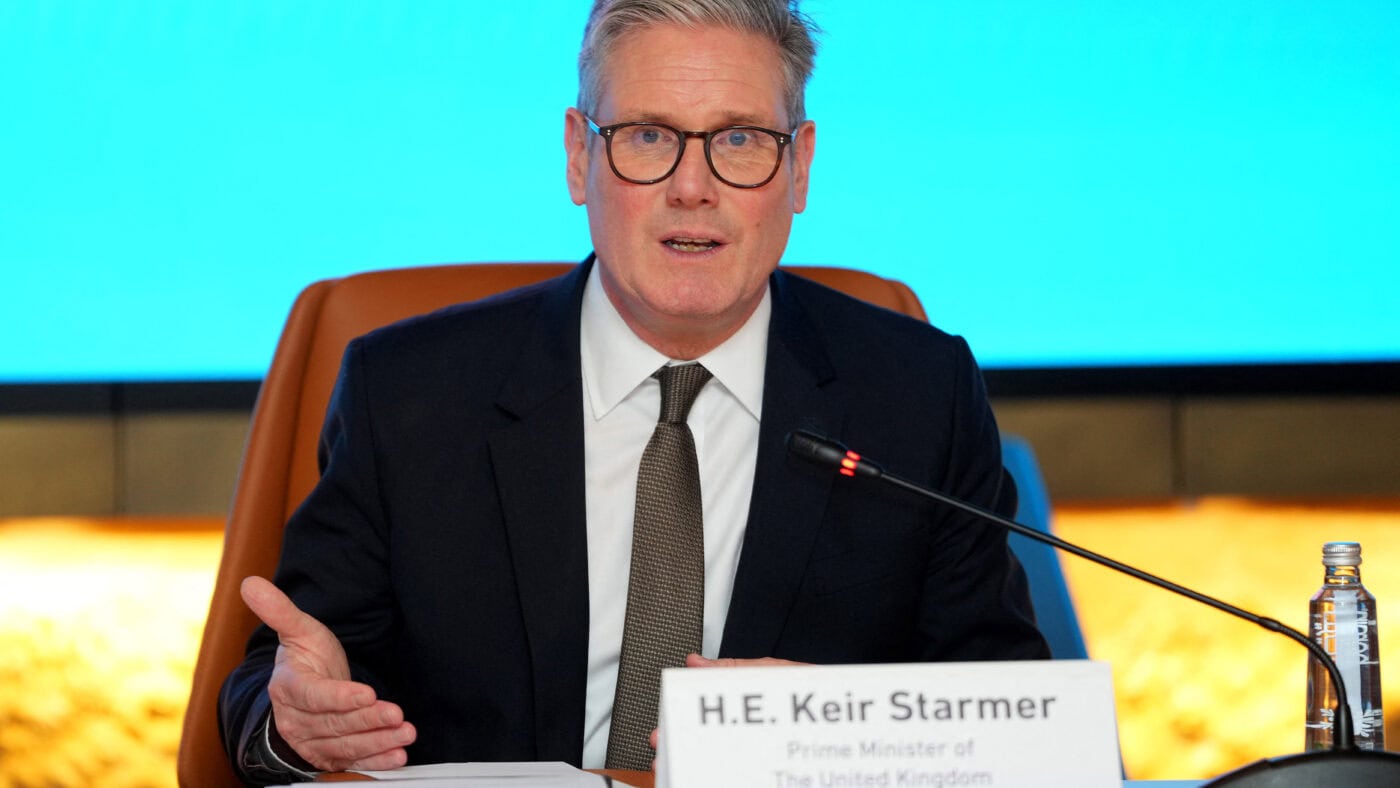What was the Government expecting when, within weeks of taking office, it started merrily handing out above-inflation pay rises to public sector workers with no requirement to improve lamentable productivity? Already the unions are coming back for more. The Royal College of Nursing (RCN) has described a 2.8% ceiling on pay rises for next year as ‘deeply offensive’, and has threatened strikes. The National Education Union, too, says it has ‘put the government on notice’ if it fails to offer teachers more than a 2.8% rise.
The easy pay rises awarded to doctors, teachers, train drivers and others in the early weeks of this Government have convinced the public sector unions of two things: firstly, that they have an inalienable right to above-inflation pay rises, regardless of whether their members are delivering more work of value. And secondly, they have calculated that Keir Starmer and his ministers are pushovers; that ministers are too close and too reliant on the unions not to cave into their demands.
You can see the nurses’ point. In September, all but one union representing them voted to accept a 5.5% pay rise (the exception being the RCN). But then they had to watch as junior doctors were awarded 22% over two years. If that is what you get by striking, they have worked out, then why not hold out for more? As for the junior doctors, they, too, have reckoned that 22% will be just the beginning. British Medical Association Chairman Philip Banfield said this week: ‘when doctors accepted their pay offers this summer the government was under no illusion about the need to continue to reverse the effects of pay erosions, the path set to achieve that in future rounds, and the very real risk of further industrial action if this was not achieved’.
No previous Labour government has been quite so reckless in making pay awards so early in its existence. James Callaghan spent much of his time in office impressing on unions that no society can grow richer simply by paying itself more; only by becoming more efficient at what it does. Pay rises, he would say over and over again, would have to be earned through productivity gains. If they were not, inflation would ensure that pay rises would not really be pay rises; their real value would quickly be eroded as prices rose in response.
It is hard to discern any such message emanating from the current Government. It is presiding over a public sector in which workers are producing less on average than they were when Tony Blair came to power 27 years ago, and yet the Government seems strangely silent on this. If the entire economy worked on the same basis as the public sector, we would have had no economic growth in over a quarter of a century; living standards would be stuck in the 1990s. Yet instead of drilling this into the unions and demanding improvements in working practices as a price of pay rises, the Government asked nothing at all. Unions in the soon-to-be renationalised rail industry have been allowed to keep rostering arrangements which mean that they are under no obligation to work weekends. Many trains will continue to carry guards in spite of their role having long become redundant, and the fact that a third of UK trains have been running quite happily without them since the 1980s – yes, even British Rail was brave enough to ruffle the unions’ feathers by taking guards off trains – yet Labour aren’t even trying to make the industry more efficient as it takes it back entirely into public hands.
It is true that the previous Conservative government, in its later years, took little initiative on public sector productivity, which has never recovered from the pandemic with its associated lockdowns and furlough scheme. It tolerated civil servants working from home, for all Jacob Rees-Mogg’s efforts to entice them back into the office by leaving notes on their desks. But Starmer did have the chance, on taking office, to change the debate and put productivity at the heart of all negotiations on public sector pay. But he failed to do this, and will now pay the price for the rest of his time in office.
Click here to subscribe to our daily briefing – the best pieces from CapX and across the web.
CapX depends on the generosity of its readers. If you value what we do, please consider making a donation.


